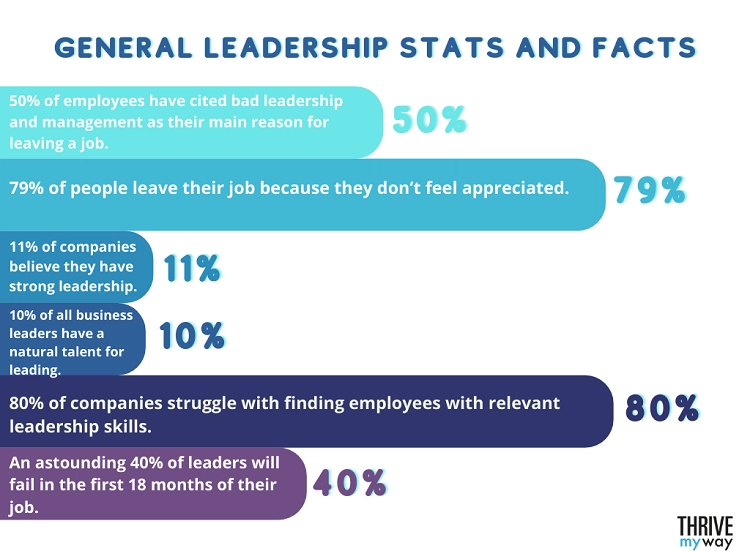DO YOU KNOW WHAT IS ETHICAL LEADERSHIP?
Ethical leadership is the conduct that involves moral actions, appropriate behavior, values, and integrity in all actions undertaken by the person who drives the organization and whose example inspires others to do the right thing.

«The most powerful way that anybody can lead is by example.» Michael Hyatt
Table of contents
Are you an Ethical Leader
How to become an Ethical Leader?
1. Define and align your values as a leader.
2. Promote open leadership communication.
3. Beware of bias in your leadership.
4. Lead by example.
While reading Michael Hyatt, I came across a sentence that caught my attention:
«The most powerful way that anybody can lead is by example.»
This affirmation contains a powerful message to executives who are interested in growing their abilities and leadership skills. But what would be the key item that differentiates a good leader from a great one? It has to be related to values, actions, and behavior, therefore “leading by example” doesn’t mean giving instructions, or saying to others what they should do.
Now, ethical leadership is the conduct that involves moral actions, appropriate behavior, values, and integrity in all actions undertaken by the person who drives the organization and whose example inspires others to do the right thing.
Are you an executive or entrepreneur who wants to develop effective leadership? Let me share with you the following information that I know can make a real difference.
Are you an Ethical Leader?
Ok, let’s start from the beginning. We need to evaluate ourselves knowing that ethical leadership is important for a number of reasons. It has a direct impact on the culture of the workplace by leading, inspiring, motivating, and holding virtual assistants accountable for their work, and when this happens, greater business success can be achieved because staff members are happier to be at work.
Leadership skills are crucial to help create a positive ethical culture in a company with assertive communication.
But now, how do you know if you are an ethical leader?
A very straightforward way to measure it is by reading this -apparently- simple statement written by Michael Hyatt:
“The only way to know a true friend from a fake one is based on how much they trust you-not the other way around.”

This is because the strength of our relationships is measured by how much people can count on us. If we do this exercise thinking in our staff members, would you say they feel comfortable enough to approach you and express their opinions, their feelings, or even their discomfort?
Would you feel confident saying that your assistants are open to expressing to you when they do not understand clearly an instruction or are not sure how they are going to complete a task?… would you say they know your companies goal, and if they do not know, do they feel at easy to reach out and ask you about it?
There is a clear difference between being just a boss and being a leader. Where a boss orders, leader guides; a boss manages, and a leader inspires. The contrast lies in how you make your staff members feel and how you view your relationship with them.
Ethical leader sees it as their responsibility to inspire, guide, and nurture their assistants to help them improve, and they lead by example. Above all, they practice ethical leadership, which is defined as “leadership demonstrating and promoting ‘normatively appropriate conduct through personal actions and interpersonal relations’”.
How to become an Ethical Leader?
At this point you might know you need to adapt your perspective and leadership styles to be an ethical leader but how would you do it? Here are some tips on how to strengthen your leadership skills and become one of the best leaders at MyaAssistant.
1. Define and align your values as leader
We know that underlying values are developed through life experiences, family patterns, social conditioning, and the consumption of content, events, and opinions. The beliefs that affirm our core values are often those unquestioned convictions that we accept as truth based on our own current cognition.
Defining your values not only expresses your authenticity but also encourages your team to do the same, creating a shared vision for all the staff.
Leaders are stewards of the company’s values. They are the ethical code, they are the ground rules which ensure smooth communication and collaboration across teams, departments, functions, and business units.
2. Promote open leadership communication.
Many organizations today claim to have a culture of honest and open communication, the «open door policy» has become a trend when it comes to HR policies, but unfortunately, most of them fall short of actually creating one. You have to lead by example and be truly open if you want managers and staff members to share ideas and opinions.
Many VAs are reluctant to disagree with their company’s leadership and management for fear of retaliation if, despite their «cheerful and open policies,» managers actively and/or passively discourage dissenting opinions. As a result, VAs will avoid voicing their concerns or ideas at all costs and will rather continue to do things as ordered by their bosses even when they suspect (or know) that there is a better way to do it.
Here are some examples of how you can identify an unethical leadership style vs. an ethical one.
UNETHICAL LEADERS
- managers never bother to ask for VA’s thoughts, views, and opinions;
- managers do not listen, respond, or take any action based on VAs input;
- managers do not take time to greet and ask if VA is doing Ok.
- managers condescendingly discount VA’S ideas, views, and concerns.
- managers getting mad and/or confrontational thus inspiring fear of retaliation.
- managers are not open to accepting mistakes or recognizing ideas from others.
ETHICAL LEADERS
- A great leader is one who listens and pays true attention to VA’s thoughts:
- Be transparent from the top down.
- Ask VAs for feedback.
- Demonstrate respect for your VA.
- Tackle problems head-on.
- Get to know others on a personal level.
- Be approachable
3. Beware of bias in your leadership
Have you stopped for a while to think if -only if- you might be who is affecting the environment and impacting negativity to your staff’s performance? If you haven’t done do not feel bad about it because as human beings, no leader wants to admit his or her shortcomings, but you also need to know that not practicing self-awareness can have negative consequences.
Leaders not only have a responsibility to respond to this need by rethinking the well-being of staff members but also to take responsibility for their role and embrace the opportunity for growth that is presented to them when they are pushed to consider the impact of unintentionally harmful practices in the workplace.
The process of becoming aware of bias begins by facing hard truths and realizing that, by existing, biases can affect relationships and organizations, as an individual and ultimately as an organization. This state of self-awareness is not static, rather it is a cycle that requires constant analysis to ensure that we are adequately practicing improvements, and avoiding potential failures.
4. Lead by example.
And last but not least it is important to know that in order to build ethical leadership in your organization, you must start at the top down. Your staff members will see your behavior, expressions, and values and will immediately adopt them in their own actions.
Leading by example means demonstrating by our own behaviors and actions how we expect our staff to act by adopting the same ethical behavior we expect. Building respect lets our VAs know that you truly believe in them and trust that they will work according to the example you have set.
Remember
Effective teams have ethical leaders who lead by example; they play their role by illuminating the way forward. They also show other staff how to handle failure and mistakes through role models that they internalize, as each staff member mirrors the behavior of their leaders. They follow in their footsteps, learn from their mistakes and contribute valuable ideas.
I know you enjoyed reading this post about leadership as I enjoyed sharing it with you, if you want to join me in more posts please feel free to click the following links:
Is Delegation Important for Effective Leadership?
Are you a successful leader or an effective leader?
Good Practice Guidelines for the Greatest Leaders
…See you there!


